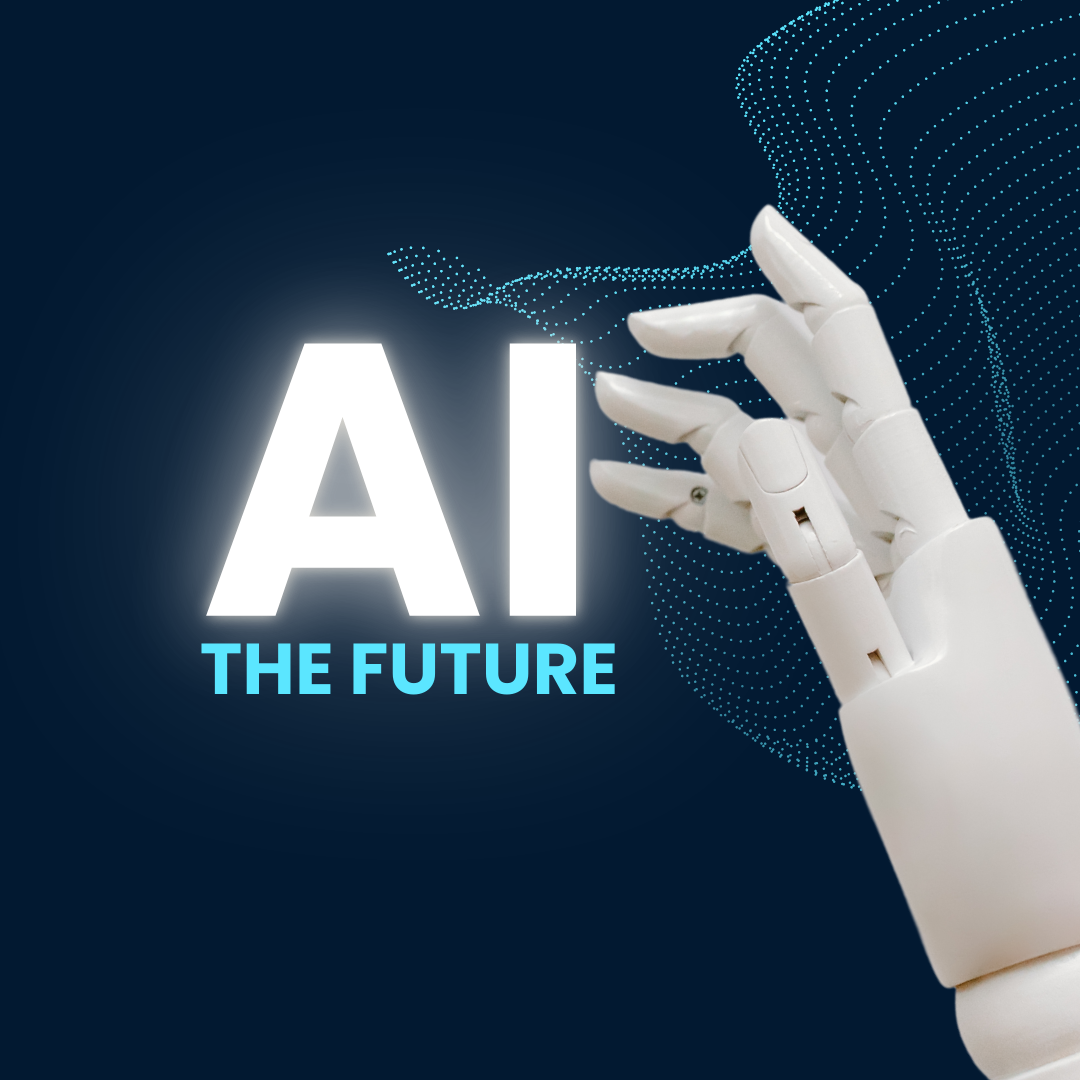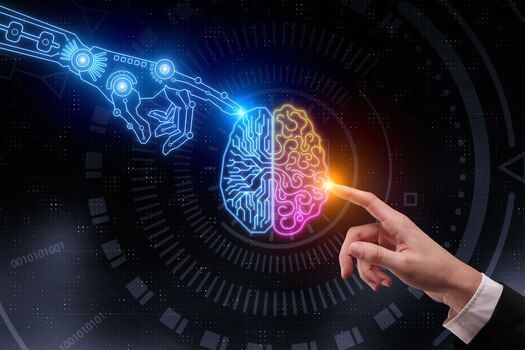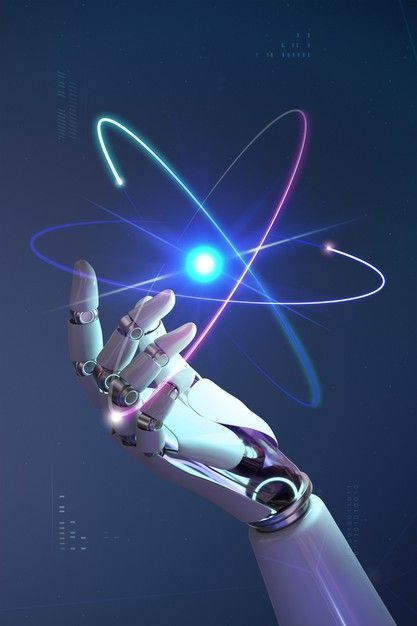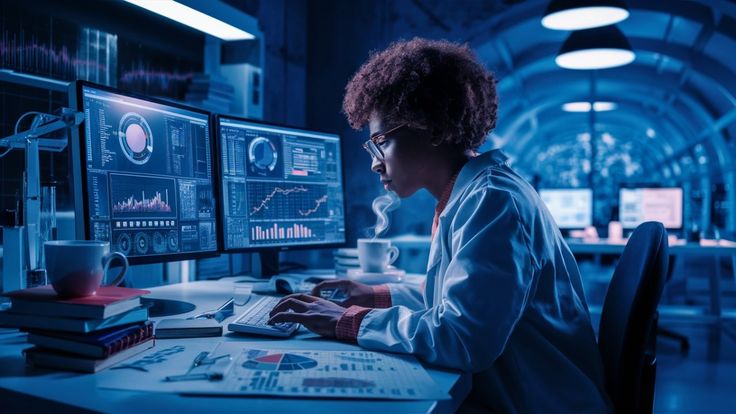
The Future of Artificial Intelligence: Transforming Industries and Shaping Our World
Once a concept confined to science fiction, artificial intelligence is now revolutionising industries, enhancing lives and reshaping the way we engage with technology as a whole. Whether healthcare or finance, education or entertainment, AI is transforming a world quickly undergoing amazing transformation. This article gives us an insight of all the recent trends in AI, its use cases across various industries and what future brings for this revolutionary technology.
What is AI?
Artificial Intelligence, or AI, refers to the capacity of a computer system to carry out particular functions commonly ascribed human intelligence (think about similar words such as learning, reasoning, problem-solving, decision-making). The main branches of AI include machine learning (ML), natural language processing (NLP), computer vision and robotics
How AI Works
An AI algorithm analyses through massive amounts of datasets and then, based on the patterns found in it, predicts and constantly gets better at its job — simply put, by learning.
Industry Use of AI: Where we are today
Health
AI finds its application in diagnostics and also in planning personalized treatments. Even AI is utilized in drug discoveries, for instance — when doctors are trying to identify the disease upon seeing a medical image of the patient. With the support of these AI technology-powered imaging instruments, doctors will be capable to detect ailments earlier and in a way more correct than ever.
Finance
By using AI-based algorithmic analysis we are now able to track market movement, identify fraud and even suggest personal finance advice thus revolutionizing our approach to tracking money and building wealth
Education
AI-based tools personalize the learning experience, automate tasks, and make it fun for students and their teachers.
Retail & E-Commerce
AI further enhances the customer experience, along with fine-tuning inventory and sales.
Manufacturing
AI makes production more efficient by ensuring quality control and supply chain management in industries, making them cheaper and leaner.
Emergent AI Trends
Generative AI
Tools like ChatGPT and DALL-E are revolutionizing the landscape of content creation, enabling users to produce images, videos, or text from scratch, thus breaking boundaries in industries that include marketing, media, and education.
AI in Autonomous Vehicles
Self-driving cars rely on AI to navigate and identify objects in real-time, augmenting transportation for safer and more efficient use.
AI in Cybersecurity
AI identifies threats, detects anomalies, prevents cyberattacks, and safeguards data and privacy in an increasingly digital world.
Ethical AI
Being an increasingly impactful technology, concerns over ethical dilemmas are coming to the forefront. Questions like bias and transparency, issues of data privacy, all apply in learning how best to use AI responsibly.
The Future of AI: What's Next?
AI and Job Transformation
AI transforms jobs, and with it comes a workplace that would call for developing new and continuously refined skills in contrast to simply mechanizing routine work.
Human-AI Collaboration
The future is not that AI will replace humans, but that we will be working alongside one another, particularly in enhancing creativity, efficiency, and productivity across many spheres of work.
AI in Everyday Life
We shall experience smart homes and personalized health care. AI will remain the inherent constituent of our life, more convenient and accessible to us.
Conclusion
Undoubtedly, AI is changing the world, and its capacity has just begun. The future is yet to be shaped with AI when applied responsibly and ethically; therefore, understanding the impact AI makes is critical in an ever-changing landscape, making it essential for a business leader, developer, or a learning mind.
Comments (0)
Categories
Recent posts
-min.png)

Build Your Future in Tech: Why Oxdo ...
1/11/2024
Top Benefits of Choosing a Career in IT: ...
31/10/2024.jpeg)
Unlocking Career Success: The Top ...
30/10/2024



